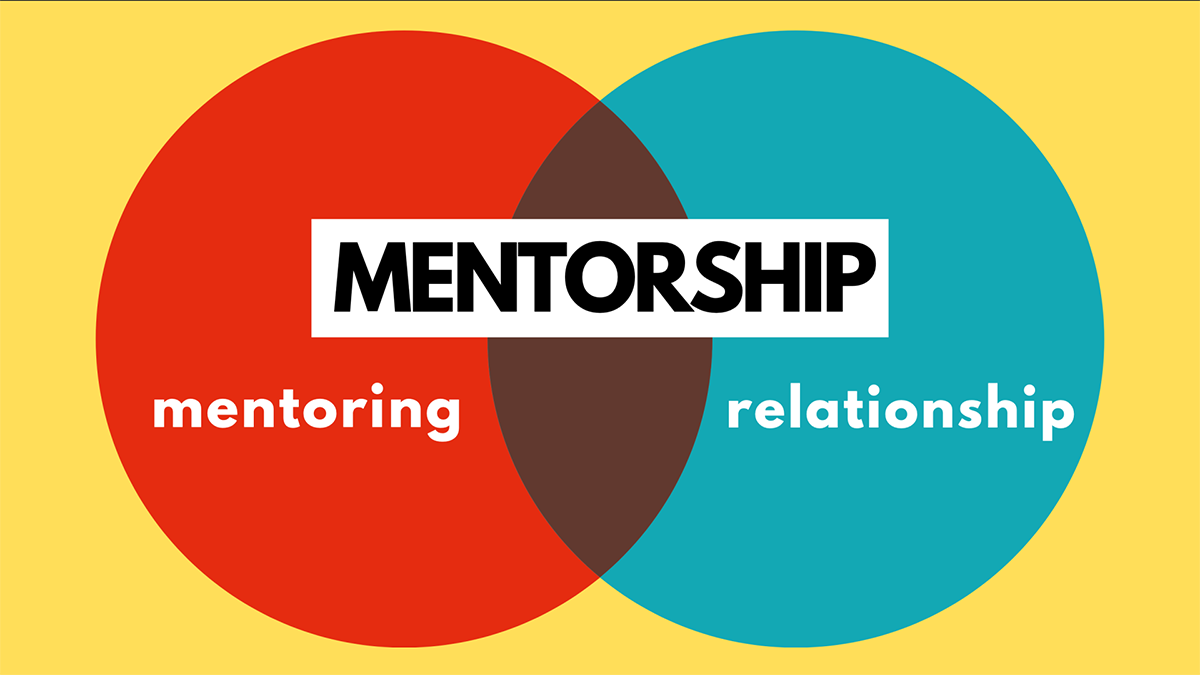The effects of protege vs. non-protege perceptions of fairness in the workplace.
Kristic, I. F. (2003). Mentoring and organizational justice: The effects of protege vs. non-protege perceptions of fairness in the workplace. Dissertation Abstracts International: Section B: The Sciences and Engineering, 64(5-B), 2426.
This study was designed to determine if perceptions of fairness are important in mentoring relationships in the workplace, and if similarity between the mentor and the protege relate to the quality of the mentoring relationship. 164 employees completed a Web-based survey that contained a demographic questionnaire, Colquitt’s (2001) four-dimensional measure of organizational justice (i.e., procedural, distributive, interpersonal, and informational justice), and the Mentoring Functions Questionnaire (MFQ; Scandura & Ragins, 1993), which measured three dimensions of mentoring support (i.e., psychosocial, career development, and role modeling support). 63 participants (38.4%) reported having mentors and were classified as proteges; remaining participants without mentors were classified as non-proteges. Support was found for 2 of the 14 hypotheses tested. Contrary to expectation, proteges and non-proteges did not significantly differ in their perceptions of organizational justice. Although career development support was significantly positively related to Interpersonal Justice among proteges, no other significant relationships emerged between organizational justice and mentoring support. Moreover, male and female proteges did not differ significantly on career development and psychosocial support and the interactions between mentor and protege gender on psychosocial and career development support were not significant. No significant differences emerged between proteges who had Caucasian mentors and those who had non-Caucasian mentors on career development and psychosocial support. The interactions between mentor and protege race on career development and psychosocial support were not statistically significant. Perceived mentor similarity, however, was significantly positively correlated with career development support, psychosocial support, and role modeling. Findings are discussed within the context of the literature on mentoring and organizational justice. (PsycInfo Database Record (c) 2022 APA, all rights reserved)


